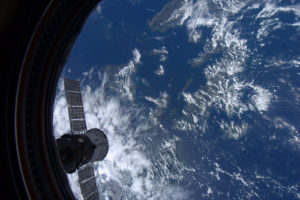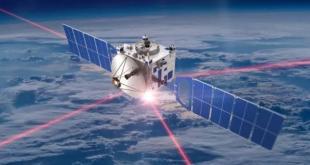
The Philippines will soon sign a Memorandum of Understanding (MoU) with the Russian national space agency, Roscosmos, that will allow the Southeast Asian country to launch the micro- and nanosatellites it is developing, as well as be a site for a receiving station of the Global Navigation Satellite System (GLONASS) – Russia’s positioning, navigation, and timing (PNT) satellite constellation that is the equivalent of, and rival to, the U.S. Global Positioning System (GPS).
As well as benefiting Filipino efforts to establish its own space programme, the agreement is also another step in Russia’s attempt to establish greater influence in Southeast Asia with space technology seen as a useful vehicle for solidifying diplomatic relations and leveraging Russian interests in the strategically important region.
The MOU has been negotiated between the Philippines’ Department of Science and Technology (DOST) and Russia’s State Corporation for Space Activities (ROSCOSMOS) during a meeting held in Moscow on 27 August 2018, and will operate under the conceptual umbrella of cooperation on the peaceful use and exploration of outer space.
In a statement released by the Department of Foreign Affairs (DFA) in Manilla, the agreement is aimed at promoting capacity building in the Philippines in astrophysical research, remote sensing, satellite development, and communications.
While no specific date has been announced for the official signing of the MOU, the DFA said the agreement will be completed by both sides “immediately after undergoing diplomatic procedures.”
During the meeting at the Roscosmos headquarters in the Russian capital, both the Philippines and Russia have agreed to proceed with negotiations of an intergovernmental framework agreement on space cooperation that will include the use of Russian launch vehicles to launch Philippine satellite payloads.
“The DOST adheres to the President’s policy of engaging non-traditional partners in ways that can be advantageous to the Philippines. Russia’s space programme speaks for itself and the Philippines will certainly benefit from cooperation in this field,” Department of Science and Technology Undersecretary, Rowena Cristina Guevara, said in a statement.





